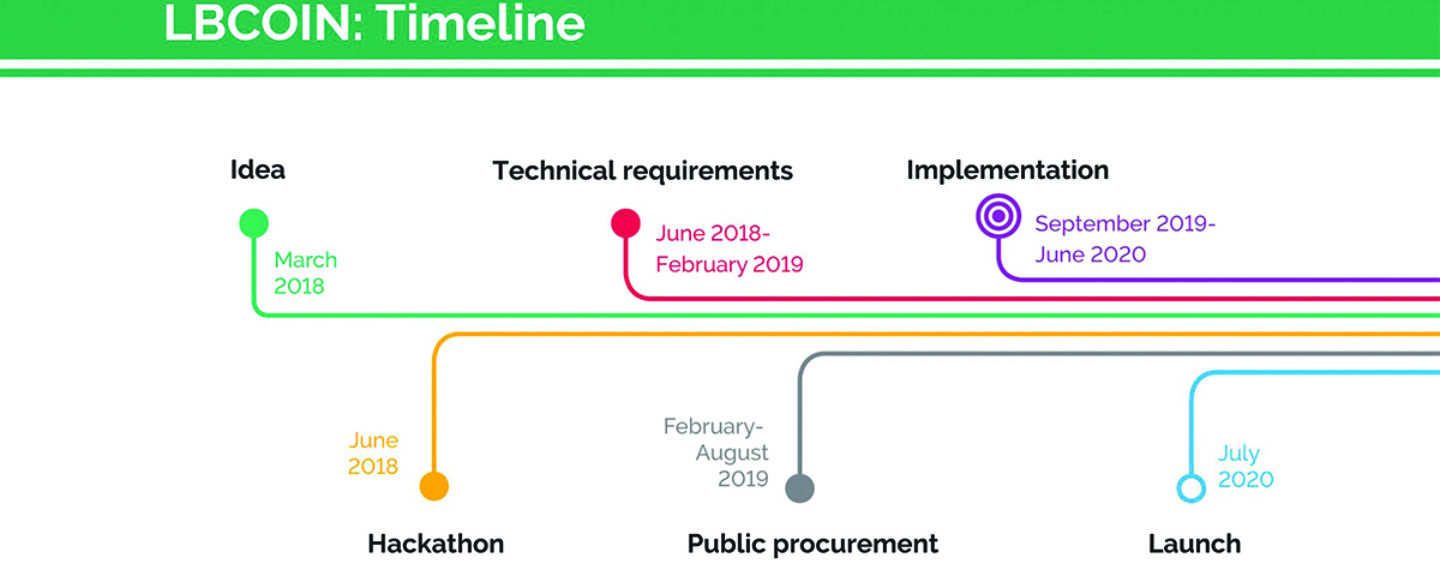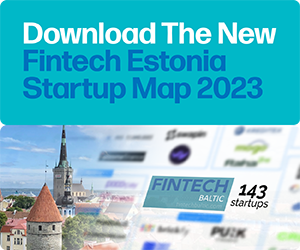
Bank of Lithuania’s Digital Collector Coin Has Entered Its Final Phase
by Company Announcement June 3, 2020The world’s first blockchain-based digital collector coin (LBCOIN) created by the Bank of Lithuania as well as its e-shop have entered the final testing phase. Upon its successful completion, the digital coin should be issued by July 2020.

Pavel Lipnevič
“LBCOIN is based on innovative and sophisticated solutions. Therefore, it has to be tested at various angles, for example, in terms of functionality, personal data protection and resilience to cyber risks. During this final phase, the Bank of Lithuania has certainly gained some extremely valuable experience and insights,”
said Pavel Lipnevič, manager of the LBCOIN project at the Bank of Lithuania.
The central bank has already completed the e-shop’s User Acceptance Testing (UAT). Among other things, it covered services provided by third parties, e.g. Know-Your-Customer (KYC) and payment collection. The e-shop and the private NEM blockchain-based software were audited as well. Moreover, the assessment with regard to personal data protection has also been started. Finally, the Bank of Lithuania will test the system security by performing necessary penetration tests. The testing is currently carried out by both internal and external expert teams.
LBCOIN – the digital collector coin – is dedicated to the Act of Independence of 16 February 1918 and its 20 signatories. The Bank of Lithuania is planning to issue 24,000 blockchain-based digital tokens and 4,000 physical silver collector coins.
Having purchased the digital coin, collectors will get six digital tokens that will be available for storage in a dedicated wallet at the LBCOIN e-shop. They could also be used as a gift, exchanged with other collectors, transferred to a public NEM wallet and later be used to redeem a physical silver coin. Each token will feature one of the 20 signatories and will be divided into six categories depending on their occupation, with 4,000 tokens allotted to each group.
When purchasing the digital coin, collectors will get six randomly selected digital tokens and, only having collected a token from each of the six categories, will be able to redeem a physical silver coin which will otherwise not be available for sale. The issuance of the digital collector coin is yet another step towards implementing one of the Bank of Lithuania’s strategic directions in the field of innovation and fintech. It is aimed at helping Lithuanian and international companies gain knowledge and carry out blockchain-oriented research, thus adapting and testing blockchain-based services in the financial sector.






